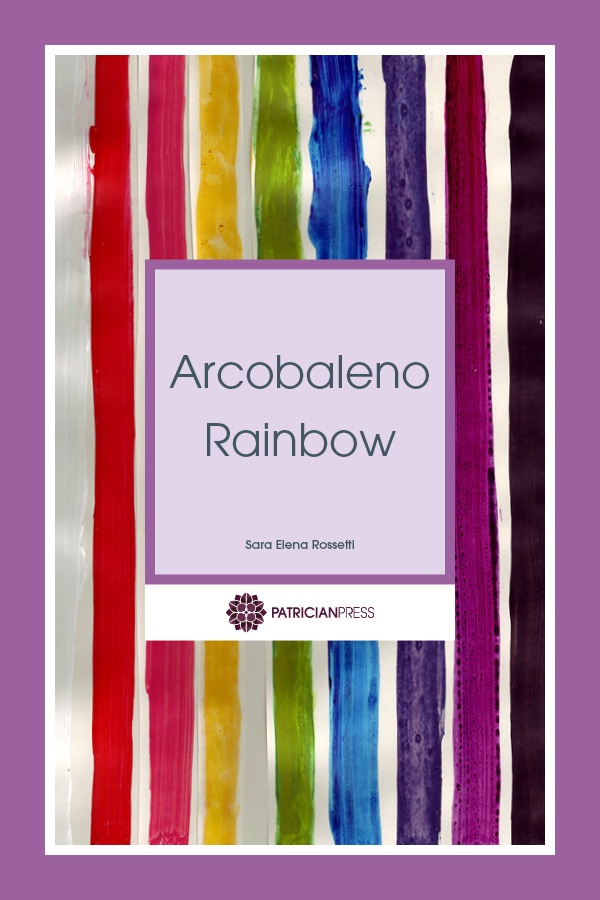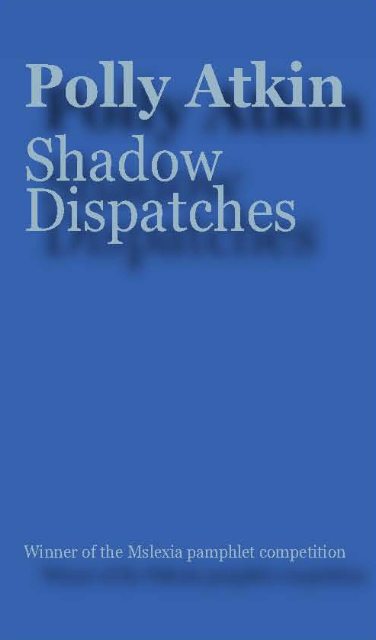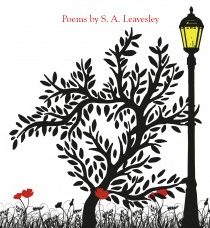The Hitting Game by Graham Clifford
– Reviewed by Rachel Stirling –
Graham Clifford’s The Hitting Game is self questioning, the poet tuning into his life in much the same way as he tunes his AM radio. Where do you go with the given? What do you do with your finite slice of time? What happens when doing and moving is all that you know, and the path overgrown with reckless consequence? We explore fragments of memory, turning them over for a sense of I. Life is beautiful and brash, nurturing and destroying, beginning and ending: it can be wild, but can it ever be free? This is a very personal collection, poetry of experience, which asks us, along with the poet, how we make judgements. Can we judge? There is a driving sense of presence, and a breathless anxiety to be right; but freedom means choice, and choice is frightening. It is also all we have.
Graham Clifford’s poems strive for insight, and the poet is refreshingly honest, laying bare aspects of himself he finds unpleasant, exploring them with the same intensity that he gifts gentler things. This could easily be a dark and brooding body of work, but it isn’t. Empathy and humour do most of the heavy lifting, allowing us time to pause and wonder. The poet has a talent for scene-setting, providing a comfortable place from which to explore discomfort, the ease to see unease. We return again and again to the theme of fatherhood, accepting a reckoning, as each generation judges the value of the last. As we judge, so are we judged; this is as true in the world of poetry as it is anywhere.
In terms of the technical aspects, he skips through the twists and turns of modern poetry without rhyme, and is fond of a tercet. The tone is conversational, sometimes confessional, and stanza length changes instinctively, as it fits the thought. The conclusory couplet and the emphatic coda are in the service of narrative, and narrative is in the service of imagery. Graham Clifford has a delightful gift of changing the lack of rules to keep the reader on their toes; for example, he occasionally uses the title of a poem as its first line. Compound nouns with repetitive vowel sounds lie as easily on the page as the passage of time, an unseen conversationalist, driving the questioning forward.
These have been called Urban poems, but that is an incomplete understanding of them. They are urban only in the sense that some take place in an urban setting. They are, rather, deeply personal insights which explore the nature of the poet much more than the nature of his surroundings. Even the nature of Nature serves to comment on the self, a fact which the poet wryly acknowledges in his poem ‘Bookshelves’:
I’m approximately nowhere
lying sideways on weddings, wondering
what narcissism means to me.
It is true that he references brand names and ideas which reflect urban and suburban living, but the term Urban poetry is definitely descriptive rather than definitive of his work.
What should you expect from a Graham Clifford poem? Beautiful-terrible imagery, to steal his penchant for the hyphen; vivid ideas at once familiar and strange; economy of language that drives you to examine the meaning behind each word choice; and honesty.
This collection is very clearly about the poet proving himself, or choosing not to, as evidenced by the title poem ‘The Hitting Game’. I wish him great luck. The one thing he no longer has to prove is that he can write a compelling and engaging poetry collection.





